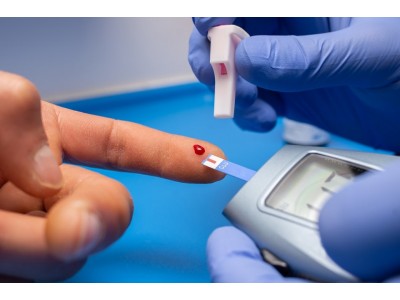Yes, diabetics can eat ham, but as with all foods, it's important to consider portion sizes and how ham fits into their overall diet plan. Ham itself is a good source of protein, which is beneficial for maintaining muscle mass and regulating blood sugar levels. However, there are a few factors to keep in mind:
Sodium Content: Many commercially prepared hams can be high in sodium, which can affect blood pressure and overall health, especially for individuals with diabetes who may already be at higher risk for cardiovascular issues.
Processing and Additives: Some hams may contain additives such as sugar or honey glazes, which can increase the carbohydrate content. It's important to check the nutrition label for added sugars and choose options that are lower in sugar and carbohydrates.
Portion Control: Controlling portion sizes is crucial. Eating too much ham at one sitting can lead to a spike in blood sugar levels due to its protein content, and excessive intake of processed meats has been associated with health risks.
Preparation Methods: How ham is prepared also matters. Opt for lean cuts of ham and avoid frying or adding sugary sauces. Grilling, baking, or boiling are healthier cooking methods that can help reduce additional fats and sugars.
Incorporating ham into a balanced meal that includes plenty of vegetables and whole grains can help mitigate any potential negative effects. Consulting with a registered dietitian or healthcare provider can provide personalized guidance on how to incorporate ham into a diabetic diet while managing blood sugar levels effectively.
